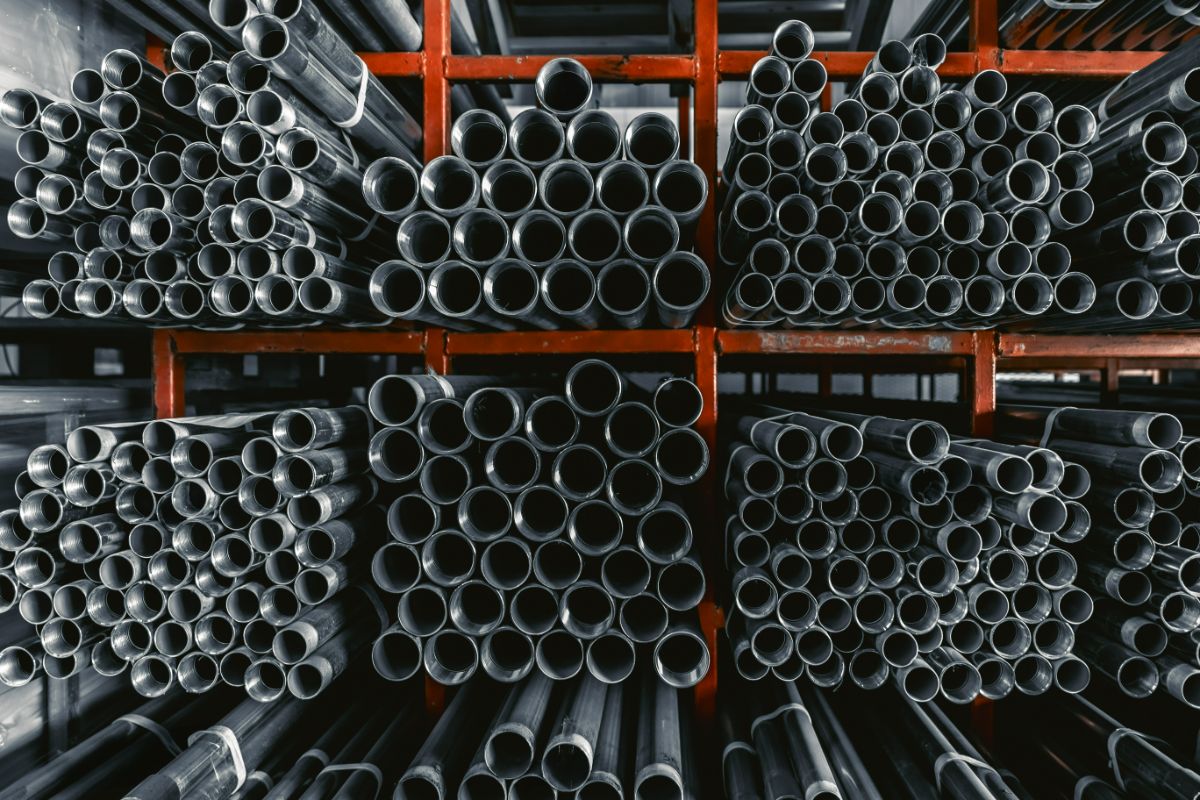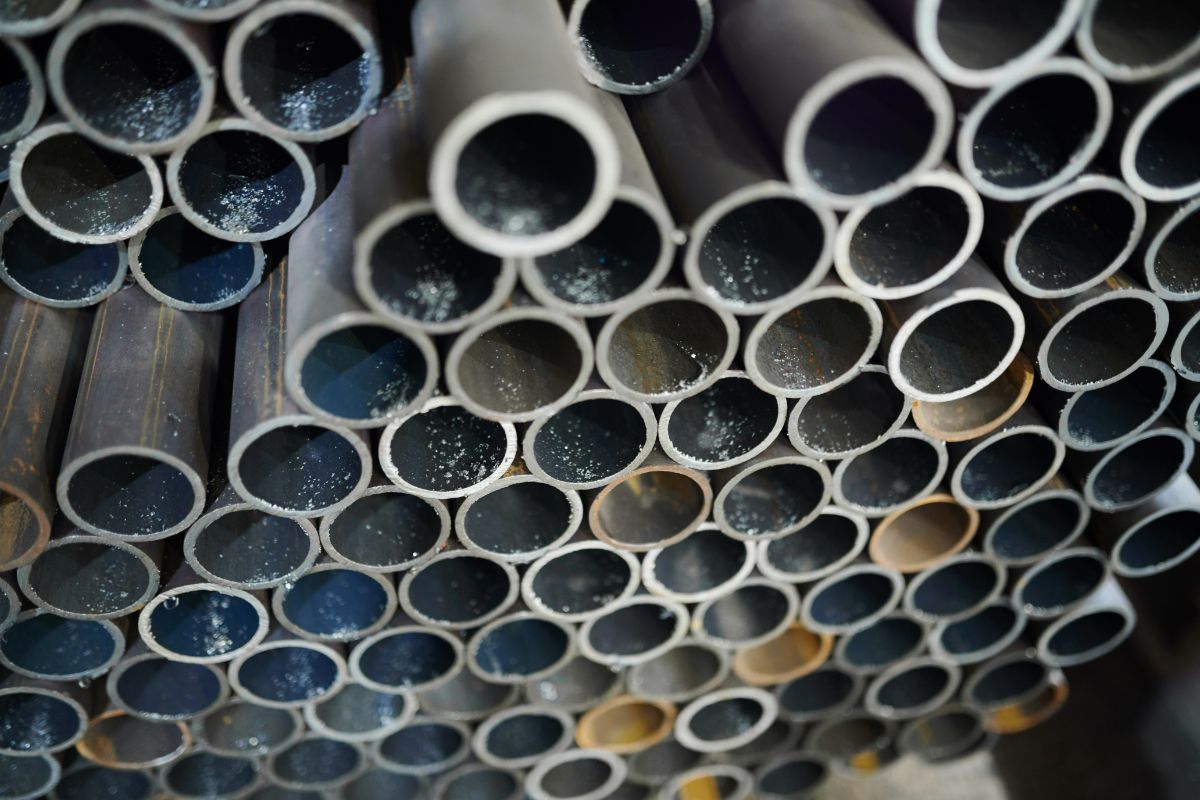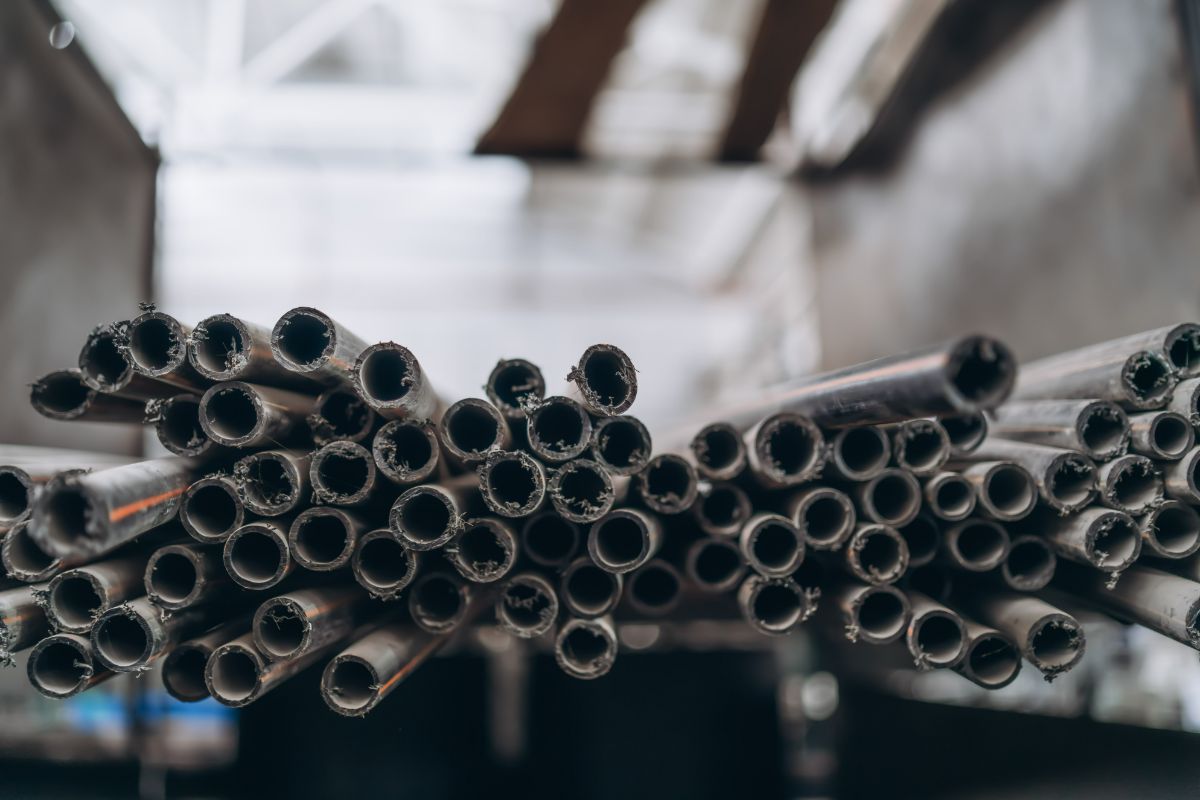
What are the Classes of Pipes?
Overview
- This article explains pipe classes, their specifications, and their impact on industry-specific applications.
- Pipe classes categorize pipes and components based on design, construction, materials, and operating pressure, ensuring compatibility and reducing errors and leaks.
- Following these standards ensures the efficiency, safety, and longevity of piping systems, facilitating informed decision-making and project success.
The classification of pipes is fundamental to understanding their varied applications across industries. Pipes are categorized based on material composition, pressure ratings, and applications. Each class is tailored to specific requirements and conditions. This helps ensure the right pipe is selected for each application, optimizing performance and safety.
This article highlights what are the classes of pipes, as well as the factors affecting them. Understanding these is crucial for various industries utilizing pipes such as engineering, construction, and other fields reliant on effective piping solutions.
What is Pipe Class?

Pipe class and pipe types have often been confused with each other in the past. While pipe types have variations and classifications, pipe class is concerned with another aspect of pipes.
It is a categorization system that defines a set of pipes and their related components. Piping classes follow a set of rules that aims to standardize pipe components based on their design, construction criteria, materials, operating pressure, and more.
It ensures compatibility among piping components and lessens the risk of manufacturing errors and leaks. That’s why it’s pivotal to understand these design parameters and select the right pipe sizes to guarantee the integrity and function of the system as a whole.
Factors Affecting Pipe Classes
Pipe classes contain a set list of information that specifies and standardizes the design and components of a piping system. This is performed for a specific operation under specific conditions. It guarantees all components are appropriate for their intended use and are compatible with one another.
Material Specification
This focuses on the specific types of materials suitable for pipes, including fittings, valves, flanges, and similar components within the class. It considers the chemical compatibility and mechanical properties required for various service conditions.
By meticulously selecting these materials, the classification ensures that piping systems are equipped with components that not only meet but exceed performance expectations, enhancing reliability and longevity in diverse industrial and plumbing applications.
Corrosive Allowance
The corrosive allowance of a pipe is the additional wall thickness implemented to mitigate potential corrosion effects over its lifespan. Corrosion is a threat to the integrity and strength of piping systems, often leading to leaks or failures.
At Supreme Steel Pipe Corp., our materials are engineered to be corrosion-resistant, ensuring piping durability whether installed above or below ground. Our black iron pipes are designed to withstand various environmental conditions, offering reliable performance and longevity in diverse applications.
List of Piping Components

It fluctuates on the precision required for pipe installation, manufacturing, and maintenance. It entails a detailed inventory of essential components such as valves, fittings, flanges, and other necessary accessories for a complete system. It also ensures material compatibility, temperature ratings, and specific system requirements during design and construction.
If you’re seeking top-tier piping solutions that meet rigorous international standards and align perfectly with your projects, look no further than Supreme Steel Pipe Corp.’s steel pipes offerings.
Pressure-temperature Ratings
It specifies the maximum pressure and temperature thresholds that pipes and piping components can endure, ensuring the safety, integrity, and operational reliability of the system across diverse conditions.
Our galvanized pipes excel under high-temperature conditions and find applications across various industries, including water supply systems, chemical processing plants, HVAC systems, and the oil and gas sector.
Pipe Supports and Connections
This includes evaluating the types of connections used to join pipes, such as threaded, flanged, or welded connections. These connections are crucial for ensuring tight seals and long-lasting durability at the ends of the piping system. Additionally, the classification incorporates the use of expansion joints, accommodating thermal expansion and contraction.
This feature not only enhances the flexibility of the pipes but also improves their ability to withstand stress and maintain structural integrity under varying environmental conditions. Proper selection and installation of these supports and connections are essential for optimizing the performance and longevity of piping systems in diverse applications.
Both black iron pipes and galvanized pipes offer robust support, making it essential to choose the most suitable option for your specific piping system.
Key Takeaway
Understanding the classes of pipes is essential for selecting the right type based on material, pressure ratings, applications, and installation requirements. Each class defines specific characteristics and components necessary for ensuring the durability, reliability, and safety of piping systems across various industries. Choosing the appropriate pipe class is crucial for optimizing performance and longevity in plumbing and industrial applications.
Discover high-quality steel pipes for your industrial and plumbing needs at Supreme Steel Pipe Corp. Explore our extensive range of products crafted to meet rigorous standards and ensure reliability. Contact us today to find the perfect steel pipes that fit your project requirements seamlessly.


